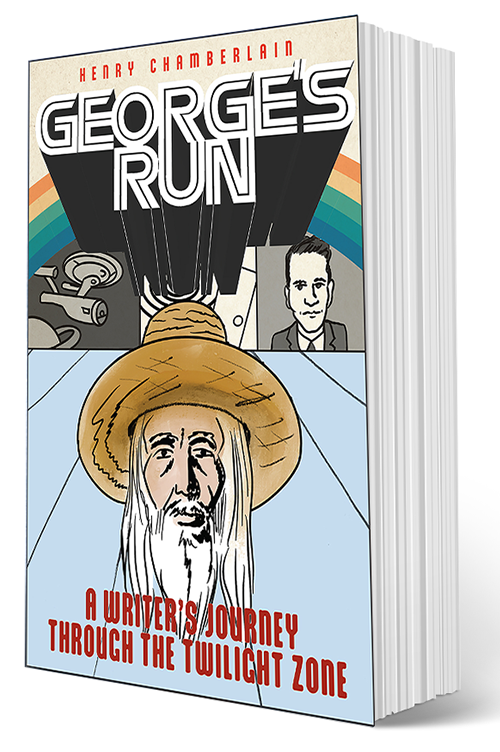This week, The New York Times declares that words are dead–in so many words. Perhaps Malcolm Gladwell awoke from a fever dream and gave the nod that we had finally reached that tipping point. Well, it would have to be a nod, right? You know, since words are dead and all. We will miss words–they were so helpful with so many things. Farhad Manjoo begins this special supplement that ran on 12 February 2018 with this cryptic message (the old fashioned text itself, by the way, begins with a young woman starting back at you from a video loop):
I’ll make this short: The thing you’re doing now, reading prose on a screen, is going out of fashion.
Yikes, such a message is running on borrowed time, is it not? You know, given that words will soon be obsolete! I guess it sort of sounds cool to make such a pronouncement, right? So, Marshall McLuhan or Malcolm Gladwell to declare it. But are words really dead? In a sense, that is what The New York Times is suggesting. Of course, there is more to this thesis. Is it possible to turn over a new leaf like Ebenezer Scrooge and make it right again? Well, no. The argument here is that this is not a matter of right or wrong–it simply is what it is:
THIS MULTIMEDIA INTERNET has been gaining on the text-based internet for years. But last year, the story accelerated sharply, and now audio and video are unstoppable. The most influential communicators online once worked on web pages and blogs. They’re now making podcasts, Netflix shows, propaganda memes, Instagram and YouTube channels, and apps like HQ Trivia.
Will this make you want to abandon your own blog writing? I hope not since I think you can sniff out the hype. Honestly, I think it just makes me want to keep doing what I’m doing all the more since I have specific reasons for working directly with the written word–which have to do with the fact written words are too precious to dismiss. That may sound a bit too erudite but, no, what I’m saying here is all very straightforward. Words, especially written words, are part of our DNA. Until we become something other than human, we will all gain essential mental nourishment from reading prose. If you were a cyborg, you may defer or maybe you would still agree with me.
And so The New York Times special media supplement is part hype and part of “all the news that’s fit to print.” We cannot hide under a rock, that’s for sure. I do have my very own YouTube Channel but, compared to my blog, it is not really an issue of one medium being more or less compelling than another. These are simply different formats. It’s totally apples and oranges to me. I enjoy using a variety of media. But I sure as hell am not going to feel less relevant or cool because, at the end of the day, I prefer the written word most of all. I suspect that you do too. And that’s okay.












A picture may be worth a thousand words, but sometimes I like to linger, and savor, over 1,000 words.
Ω
My sentiments exactly!
I love this clip. How hip of Egon to quip, “Print is Dead,” back in 1984!